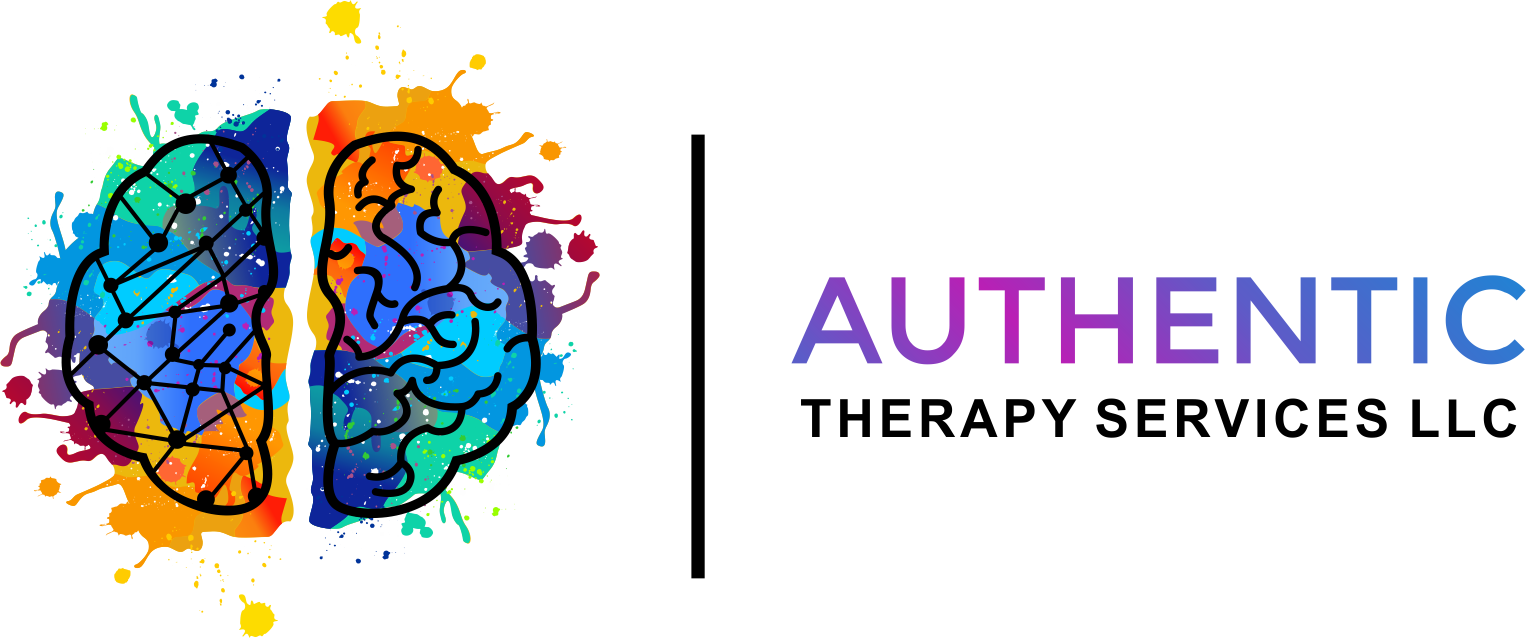Associate Therapist
Matt Hutchinson, LSW
Pronouns: he/him


Clinical Specialties
Identity-Based Trauma
Perfectionist Tendency Recovery
Gender and Sexual Identity
Perfectionist Tendency Recovery
Gender and Sexual Identity
Neurodivergent Burnout
Late Identified Neurodivergence
Codependency and Attachment
Co-Occurring Substance Use
Trauma related to Neurodivergent Identity and Experiences
Late Identified Neurodivergence
Codependency and Attachment
Co-Occurring Substance Use
Trauma related to Neurodivergent Identity and Experiences
Matt is currently accepting clients in Pennsylvania under the supervision of Jenn Sevier, LPC, LCPC

What made you want to specialize in Neurodiversity and LGBTQIA+ affirming therapy?
My passion for specializing in Neurodiversity and LGBTQIA+ affirming therapy stems from my own experiences as a gay and neurodivergent individual. I believe that understanding ourselves deeply empowers us to support and uplift others who share similar identities and experiences. Building therapeutic relationships with my clients is incredibly rewarding for me because it allows me to create a space where they feel seen, heard, and valued for who they truly are. Witnessing their growth, resilience, and self-discovery is profoundly fulfilling, and I am honored to walk alongside them on their journey toward healing.
What do your experiences mean for potential clients?
My decision to become a therapist was deeply influenced by witnessing the mental health struggles of loved ones during the 2020 COVID-19 lockdowns. The experience ultimately compelled me to transition from being a research scientist to a therapist, driven by a desire to provide tangible support and guidance to those who are healing. What I uniquely offer clients in the therapy space is not only professional expertise but also a genuine understanding and empathy born from lived experience. I understand the complexities and nuances of identity, acknowledge the fear that accompanies change, and recognize the weight of the burdens we bear.
In therapy, I take a relational approach which starts by focusing on what your goals are for therapy, how I can help you reach them, and then having check-in conversations throughout the process. My therapeutic approach is eclectic which means I change what I do depending on your goals and comfort level, drawing from Internal Family Systems (IFS), Dialectical Behavior Therapy (DBT), Cognitive Behavioral Therapy (CBT), and solution-focused orientations.
In therapy, I take a relational approach which starts by focusing on what your goals are for therapy, how I can help you reach them, and then having check-in conversations throughout the process. My therapeutic approach is eclectic which means I change what I do depending on your goals and comfort level, drawing from Internal Family Systems (IFS), Dialectical Behavior Therapy (DBT), Cognitive Behavioral Therapy (CBT), and solution-focused orientations.
Passionate About Working With:
Young Adults, ADHD and AuDHD'ers, & The Trans Community
Lived Experience:
ADHD, Gay Cis-Male
Outside of therapy, you’ll find me:
• Settling down and snuggling up with a cup of tea or hot chocolate.
• Practicing yoga
• Playing DnD
• Practicing yoga
• Playing DnD


Matt Hutchinson (he/him) is a graduate of the University of Pittsburgh and received his Master’s Degree in Social Work with an emphasis in Clinical Mental Health. Matt has practiced across multiple modalities of treatment with diverse populations, specializing in serving the LGBTQIA+ community. Throughout his career, Matt has treated clients in both inpatient and outpatient substance use settings, as well as part of a street medicine team and member of an integrative primary care program. Matt takes a warm and empathetic approach with clients in the therapy space, prioritizing their overall wellbeing and placing great importance on building a genuine and meaningful therapeutic relationship through authenticity, humor, and compassion.


Services & Fees
Individual Therapy (50 mins): $150/session
Modalities
Internal Family Systems
Solution-Focused Therapy
Relational Therapy
Solution-Focused Therapy
Relational Therapy
Education
Master's in Social Work, University of Pittsburgh
Bachelor's in Chemistry, Allegheny College
Bachelor's in Chemistry, Allegheny College
Credentials
Licensed Social Worker (SW141872)
Pennsylvania State Board of Social Workers, Marriage and Family Therapists, and Professional Counselors
Certified Trauma Professional
Pennsylvania State Board of Social Workers, Marriage and Family Therapists, and Professional Counselors
Certified Trauma Professional



